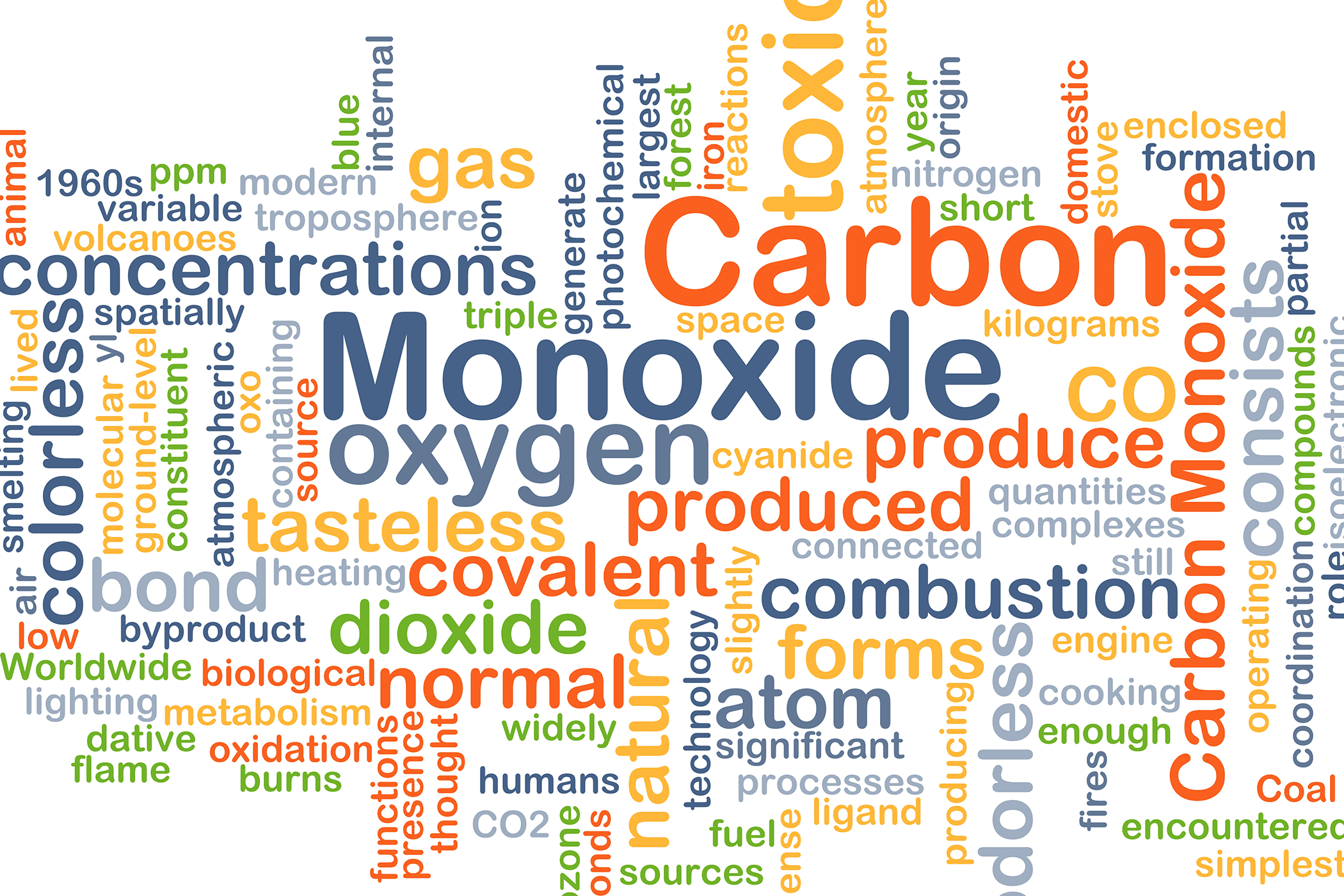December and January are two of the deadliest months for carbon monoxide poisoning. Carbon monoxide is a colorless, odorless, tasteless gas that is produced any time gas is being used – making leaks hard to detect without special alarms. Leaks most often come from these sources: water heaters, boilers, gas appliances, and furnaces. We are your local choice for carbon monoxide detectors.
Carbon Monoxide Detectors
Because these leaks can kill humans and pets, it’s very important to understand the risks and know how to protect your family for carbon monoxide poisoning. Properly maintaining your HVAC system and installing CO2 detectors will help prevent the dangers of carbon monoxide poisoning. Here’s what you need to know:
- Installing an alarm: Unlike smoke, carbon monoxide gathers near the ground because it’s heavier, therefore, we recommend plugging your carbon monoxide detectors into outlets close to the ground. Lucky for you, carbon monoxide detectors are inexpensive and easy-to-find at your local hardware store. Be sure to look for a model that plugs into an outlet and also has a backup battery in case there is a power outage in your home. Purchase several detectors, so you can have one on at least every floor of your home, but ideally every bedroom. These carbon monoxide detectors pick up even the smallest of leaks and will alert everyone in your home if there is possible danger. It’s important to test these alarms, just as you would your smoke alarm, on a monthly basis.
Safety Issues
- Understanding the symptoms: Carbon monoxide is colorless and odorless. The only way to know you have a leak (aside from your detector); is if you experience the symptoms of carbon monoxide poisoning. These include headaches, weakness, chest pain, dizziness, and nausea. If you are exposed to carbon monoxide for a prolonged time, you may become unconscious. If you do experience any of these symptoms, call 911 immediately. When your carbon monoxide detector goes off but you aren’t experiencing any of the symptoms, trust the alarm and evacuate yourself, children, elderly and pets. Call an HVAC professional to check for carbon monoxide leaks. It’s critical that everyone (including your pets) goes outside if you have any sort of suspicion that there may be a carbon monoxide leak in your home. Stay outside and call an HVAC professional for an emergency inspection. This professional will need to completely ventilate your home before you are able to go inside again.
- Preventing leaks. One of the best ways to prevent carbon monoxide leaks in your home is to schedule your annual HVAC maintenance appointment. An HVAC professional will be able to find small issues. These issues lead to further damage and potential carbon monoxide leaks in the future. You HVAC technician will also be able to check your carbon monoxide detectors to ensure they are working properly.
Benefits of a Carbon Monoxide Detector
Are you unsure of when your last HVAC maintenance appointment was? That probably means it was too long ago, and you should schedule an appointment. Preventing leaks and other damage will not only save you money in the long run, but keep your family safe from carbon monoxide poisoning.
HVAC Experts
When’s the last time you tested your carbon monoxide detectors? If you can’t remember, that means it’s time to schedule your annual appointment with an HVAC professional. Give us a call at 770-766-8714 or schedule an appointment online. We’re happy to help! Call today!

